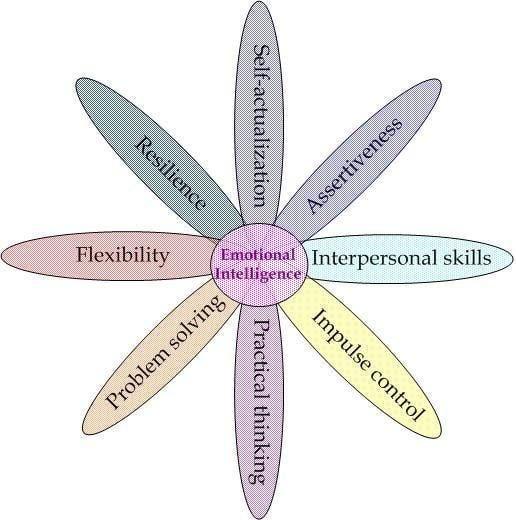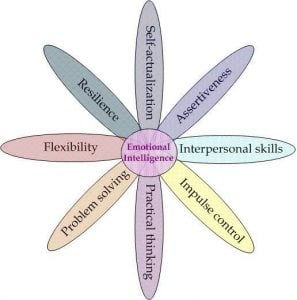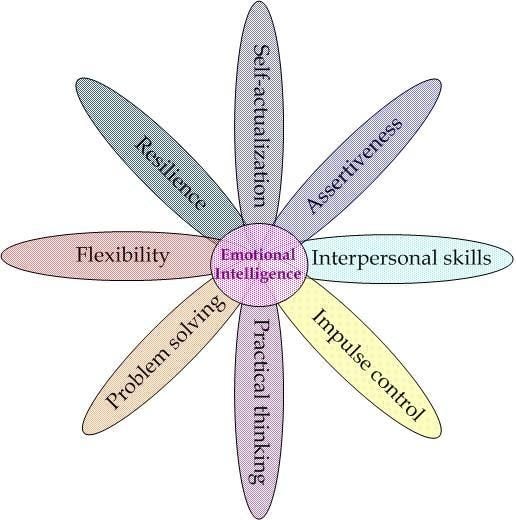Feb 14, 2020 in Coaching
Building your Emotional Intelligence to ensure success and happiness
This article explains the importance of building emotional intelligence and describes the different aspects of EQ.
It's your turn now! Let's support each other by clicking "Helpful".
+1

DISCUSS #Relationship
DISCUSS #Parenting
For professionals, cognitive intelligence comes naturally as it’s the driver of their functional excellence. Most professionals score high on IQ - Intelligence Quotient. As professionals gradually move up the ladder and take senior/ management roles, building emotional intelligence becomes essential. Emotional Intelligence - measured as EQ becomes a key differentiating factor for their future growth.
You may realize that with IQ being at the same level, growing your Emotional Intelligence enables you to become an effective manager, leader, and a better human being. This ensures work-life success and enhances your happiness.
Aspects of Emotional Intelligence:

Self-awareness and Self-actualization: perceiving your current strengths and weakness, learning to improve, and striving to achieve your objectives.
Assertiveness: confidently expressing your thoughts and views while being aware of the potential for causing a conflict or opposition.
Social-awareness and Interpersonal skills: being sensitive to another person’s situation, collaborating, and developing strong relationships.
Impulse Control: delaying or holding-off the temptation to speak or act, and patiently sorting out the most appropriate response.
Practical Thinking: assessing and checking the reality of the current situation while avoiding to be biased by any false imagination.
Problem Solving: connecting with the subjective and objective elements while solving problems and effectively making choices & taking decisions
Flexibility: assessing new conditions, being open to dynamically adapt to them, and accordingly adjusting your behavior.
Resilience: maintaining a positive attitude in hard times, and enduring challenges effectively with an optimistic view for a better outcome.
In certain situations, if you can’t control your emotions then there is a risk that you could cause a negative effect on the outcome. When we let our emotions run out of control, they cause us to do and say some terrible things. Uncontrolled emotions in some settings change the perception of those involved. In a sensitive circumstance, if you’ve had an emotional outburst, it might lead to disturbance and distancing in your relationship with those affected.
They might say:
“I can’t remember what s/he did, but I remember how angry s/he got.”
“I can’t remember what s/he said, but I remember how hurt s/he made me feel.”
Choosing how you respond to a situation, problem or challenge is more important than the actual occurring phenomenon!











 Thank you for your help!
Thank you for your help!